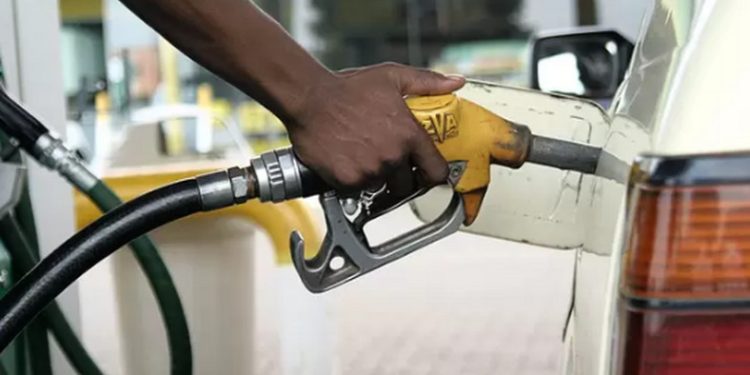The Chamber of Petroleum Consumers (COPEC) has predicted that Ghana could end 2024 with significantly higher fuel prices if tensions in the Middle East continue to escalate and the cedi further depreciates.
This warning comes after some Oil Marketing Companies (OMCs) adjusted fuel prices upward in the first pricing window of October after sustained declines in four pricing windows.
Shell, which previously sold petrol [FuelSave Super] at GH¢13.49 per litre in the second pricing window of September, is now retailing the product at GHS 13.79.
Diesel [FuelSave Diesel], which was also previously retailed at GHS 13.99 per litre is now priced at GHS 14.35.
The latest round of increases has sparked concern among consumers already grappling with the high cost of living.
Executive Secretary of COPEC, Duncan Amoah, in an interview with Citi Business News on Wednesday, October 2, noted that the ongoing geopolitical tensions between Israel, Hamas and Hezbollah in Lebanon could have a rippling effect on Ghana, with consumers expected to dig deep into their pockets and pay more to fill their tanks.
Duncan Amoah observed that the gold for oil policy cannot mitigate against the expected price hikes.
“You could end up paying more than you currently are paying because the Cedi is still depreciating. Israel, Hezbollah, Hamas…the triangle, whatever tensions if they escalate, will simply mean the supply side will be hampered and then demand at this time of the year is likely to surge.
“So if demand should go up due to manufacturing and aviation systems connecting, then the expectation will be that global prices or international market prices will go up.
“Unfortunately for us in Ghana, we don’t have any safety nets to cushion us if they do. From where we sit, there is the possibility that Ghanaians may end the year paying a little more for fuel.”


